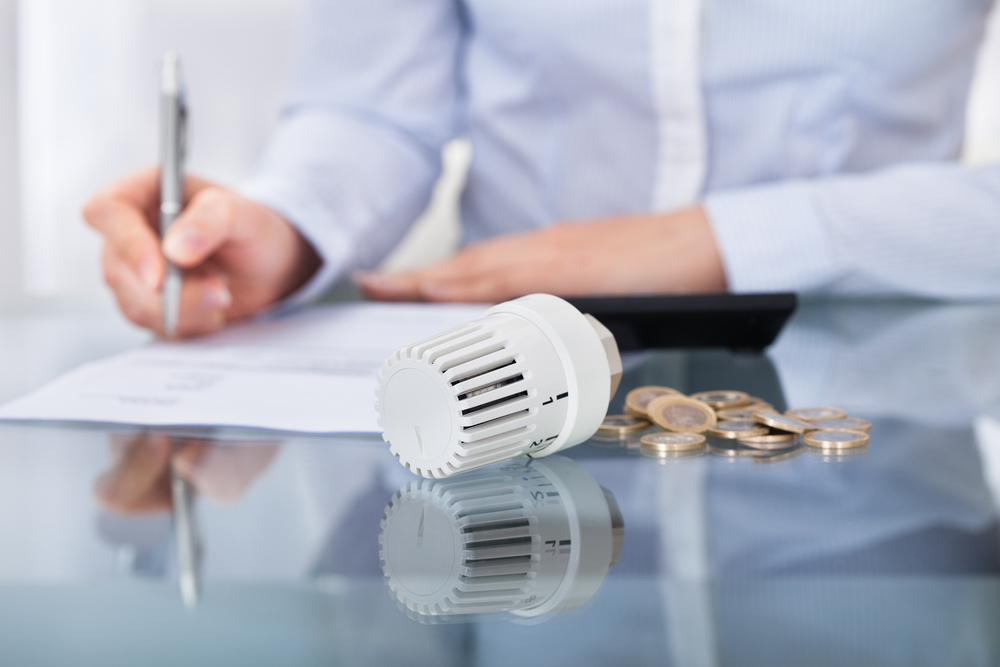Household Bills
EDF Energy hikes prices: how everyone can cut winter gas and electricity bills

EDF Energy has announced a number of price changes with some cuts and some hikes. Whichever supplier you’re with, there are quick and easy ways to cut your energy bills this winter.
‘Big Six’ supplier, EDF, announced a series of price changes meaning some of its customers would see prices fall, some would see prices frozen for a period and some would see price hikes.
Variable gas prices will be cut by 5.2% from 6 January 2017, saving the average customer around £29. From January, prepayment meter customers would see a 12.9% gas price cut but from March, electricity will rise by 3.6% resulting in a dual fuel decrease of £58 a year.
Variable electricity prices will be frozen until 1 March 2017 before rising 8.4% – adding around £42 to the average bill. EDF said that electricity prices have been rising for some time so it’s “right that prices reflect this”.
Whether you’re an EDF customer or not, there are a number of easy ways to cut your energy bills. Here are some top tips:
Turn gadgets off
The tech generation is equipped with mobiles, laptops, and tablets, meaning there are many more gadgets in the household needing to be charged for your social and work needs.
You may think it’s harmless leaving your gadgets on standby, and it’s true that they do use much less energy than when in use, but it’s still best to turn them off completely to reduce the amount of time devices spend charging and in turn reducing energy usage.
Lower the temperature of your wash and your home
The majority of the energy used by a washing machine is spent on heating the water for the cycle.
Therefore, reducing the temperature from 40°C to 30°C can make a big impact on your bills. Campaign group Which? recommends lowering temperatures for all washes and a blanket ban on all tumble drying in winter.
Turning to room temperature, just by reducing the thermostat by 1°C can reduce annual bills by up to £90 so get some extra layers on you before playing with the dial. If you have spare bedrooms in the house, consider completely turning off the radiators.
Buy energy efficient appliances
Appliances are sold with energy efficient ratings, typically from A to G. According to the Energy Saving Trust, choosing an A+++ upright freezer over an A+ model could save up to £150 over the 15 year lifetime of the appliance, though the average savings are around £90 a year.
Which? estimates that by switching every appliance in your kitchen to an energy-saving version could save you in the region of £250 per year.
Patience is a virtue in the kitchen
With Christmas fast approaching, those expecting guests over the festive season will see their hob and cooker put under pressure.
USwitch.com urges cooks to be patient and resist opening the over door to check how your meal’s cooking. This is because each time it’s opened, the oven loses heat and it uses more energy to return to the target temperature.
Instead, try and keep the over door clean so you can see how the dish is cooking, otherwise your oven may be equipped with a light which you can switch on to have a look.
Upgrade your glazing
Perhaps one of the most expensive ways to curb your heating bills, you could consider installing double or even triple glazing – though if you live in a listed property or conservation area, there may be restrictions so it’s best to check first.
Research by independent glass and glazing advice site MyGlazing.com found that up to 24% of a home’s energy is lost through inefficient windows and the average household could save £214 a year by replacing them with modern, energy-saving glazing.
Switch to a cheaper deal
A staggering 66% of all households – more than 10 million – are on their energy provider’s standard variable tariff which is by far the most expensive.
The energy regulator, Ofgem, last week published a league table showing the huge difference in cost for those on a variable rate against the cheapest deals on the market. It found that even sticking to the same supplier but moving to a cheaper deal or switching to a new supplier offering a better fixed rate could save customers up to £261.